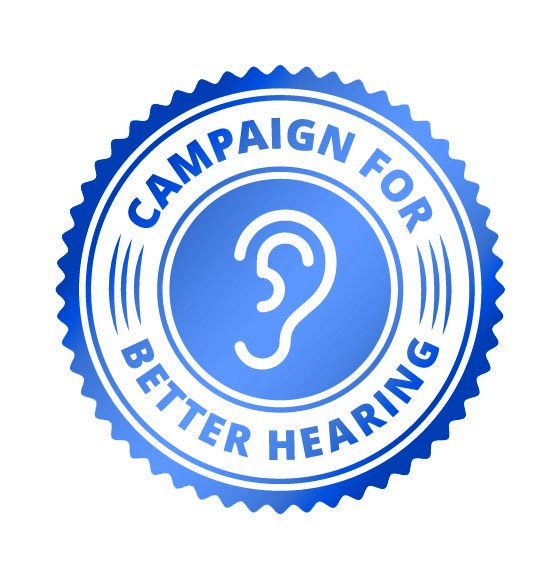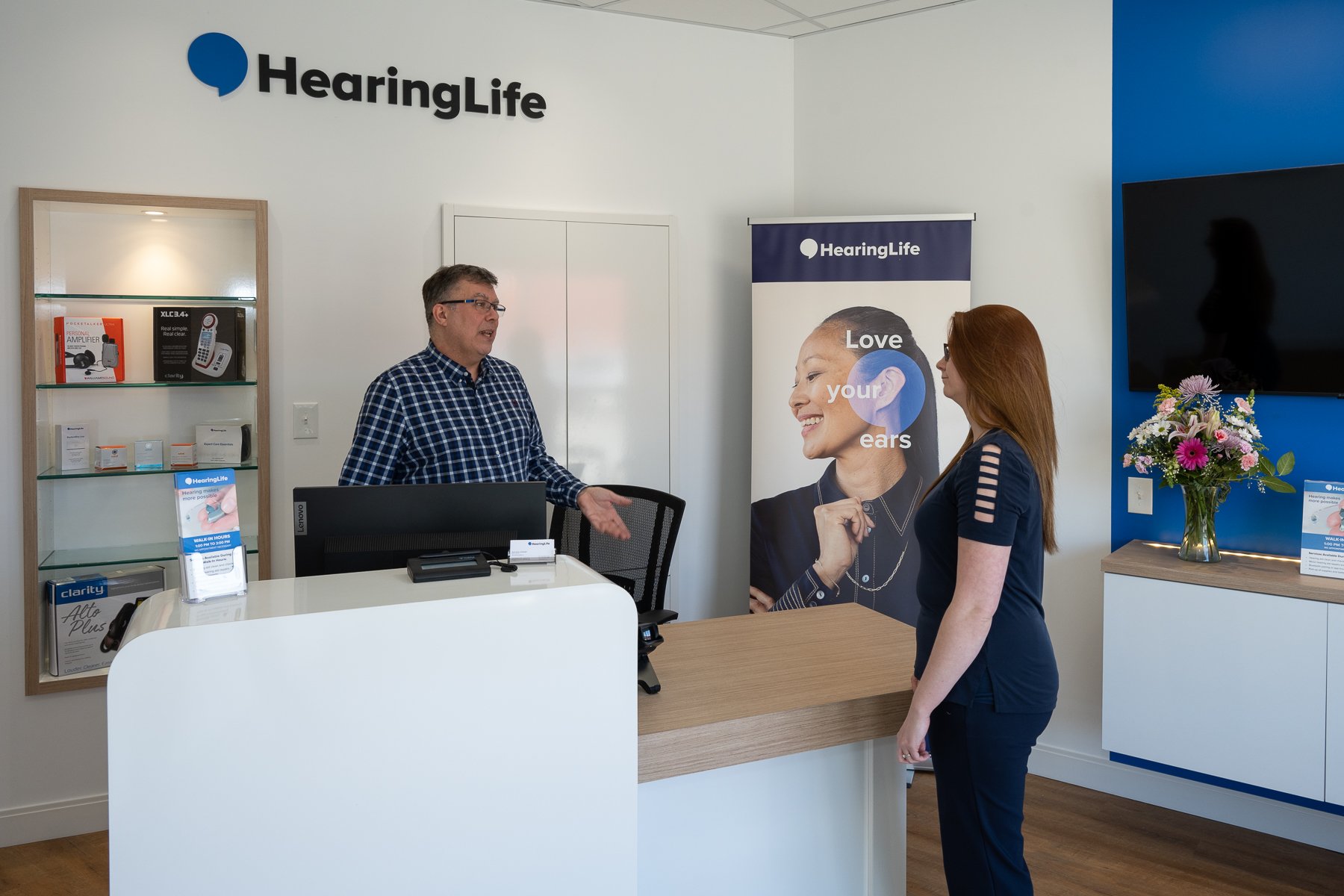Hearing is one of the most important senses. As we age, we may experience difficulties in this area. While hearing loss is common and well-known in older adults, tinnitus is a sign of auditory disfunction that affects our ability to hear as well. It can present itself as an irritating and encompassing ringing, hissing, or buzzing noise that is seemingly impossible to eliminate. There are two main types, subjective and objective, where the former and most common type can only be heard by the patient and the latter may be detectable by a doctor. Tinnitus may only impact one ear or both, and its persistence can ebb and flow depending on the severity of the symptoms.
Chronic tinnitus may cause you to feel frequently disoriented. It can have an impact similar to hearing loss because you may find it difficult to understand and engage in conversations. Unfortunately, without proper treatment, some individuals may unnecessarily suffer for years while the condition goes untreated.
Living with tinnitus is possible. Although there is no cure, a proper diagnosis can lead to a specialized plan to allow those afflicted to live their lives more like they once did. In addition, recommendations from a hearing healthcare professional can help alleviate stress and ensure your symptoms are managed. With that in mind, do hearing aids help with tinnitus? Where does this condition come from? And when should you see a hearing healthcare professional? Read on to learn the answers to these questions. We’ll also provide a bit more information about tinnitus.
What Causes Tinnitus?
Sometimes, an exact cause cannot be found for someone’s tinnitus. However, lifestyle can be taken into account and may play a role in the severity of this condition. Risks can include overexposure to loud noises, aging, and certain health problems and diseases.
You may experience tinnitus due to an ear infection or canal blockage. An ear infection is caused by a virus or bacteria that creates fluid buildup in the eardrum. As a result, you’ll experience pain and swelling, sometimes causing permanent damage in the process. Similarly, your ears could also be blocked by excessive wax, dirt, or other debris. All of these possibilities will result in increased pressure in this confined area.
If you have recently been in a car accident or another incident that leads to some kind of head or neck trauma, the force of the impact can cause tinnitus. This is because the condition is linked to the brain in addition to the ears. Therefore, any strain on that area of the body could change its normal functionality and thus cause ripple effects to your senses.
In addition, medications like antibiotics may also cause tinnitus or worsen its symptoms. The unwanted ringing may sometimes dissipate when the drug is stopped. However, halting a prescription without consulting your doctor can be dangerous, so ensure you discuss with them first if you think a medication may be causing your tinnitus.
How Can a Hearing Aid Help?
You may be wondering, do hearing aids help with tinnitus? Or can a hearing aid stop tinnitus? In many cases, wearing one of these devices can reduce the symptoms of this condition and can sometimes eliminate the unwanted sound completely. Hearing aids are capable of controlling several elements of your hearing, thanks to innovations in hearing aid technology, an industry that is always evolving to suit the needs of individuals better. With various brands and styles, a solution from your hearing healthcare professional is likely available to those suffering from tinnitus symptoms.
Another improvement is due to an increase in background noise. Hearing cars driving by, drops of rain, and footsteps more clearly can help filter out or even cover up the ringing or buzzing. Some hearing aids also have Bluetooth capabilities or white noise options, so you can listen to some kind of sound no matter the time of day. With your brain stimulated by these noises, it can help reteach your mind which signals to deliver and which ones to ignore.
One of the main complications of living with tinnitus is stress, which can cause your condition to flare up, becoming increasingly difficult to manage. As a result, you’ll likely be left frustrated and fatigued. With hearing aids, you can reduce your stress levels, thereby feeling more in control of your sensory experience.
Since tinnitus can also affect your sleep because the sound you hear may be increasingly difficult to ignore at night, learning to live day-to-day with hearing aids may help lessen its impact in the evening. It is recommended you remove your hearing aids before going to bed for safety purposes, but your brain may learn to quiet these noises since its ability to do is being stretched and flexed during the daytime. You’ll also likely be more engaged in everyday activities, enjoy a profound sense of calmness, and may notice sounds you have not experienced in a long time.
It is important to note that hearing aids are not a cure for tinnitus. They can only provide auditory stimulation to help with the uncomfortable symptoms of this condition.
Should I Schedule an Appointment with a Hearing Professional?
Once your hearing has impacted your ability to accomplish and engage in everyday tasks, you should make an appointment with a hearing healthcare professional. This is especially true if your tinnitus has affected your ability to walk, causing you bouts of dizziness or leaving you uncoordinated.
A hearing care professional can be available to listen to your symptoms, perform important tests, and offer you a thorough diagnosis that can be explained in terms you can understand.
Auditory health is a part of your overall well-being. When one of your senses struggles to perform as it once did, it can be challenging to understand what is happening or how to move forward with the things you enjoy doing. Everyone's hearing needs are unique and require a personalized approach for effective management. By understanding your unique circumstances, a HearingLife hearing professional can develop a comprehensive plan that addresses your specific needs and goals.
Take the first step towards better hearing by booking a free hearing test at any HearingLife clinic near you.




